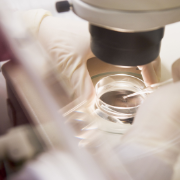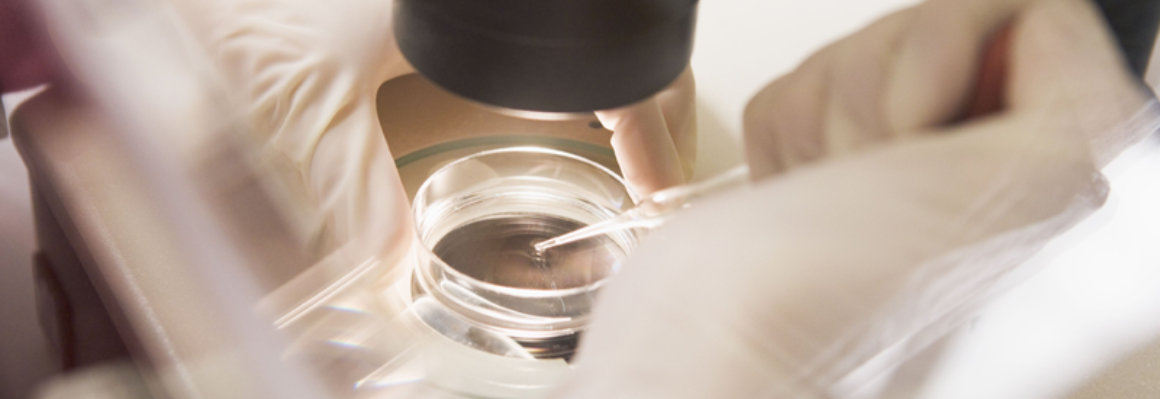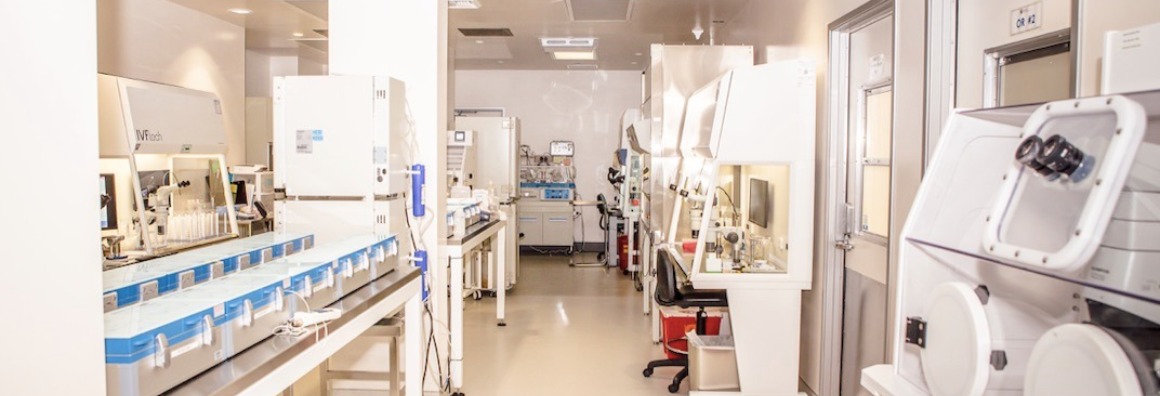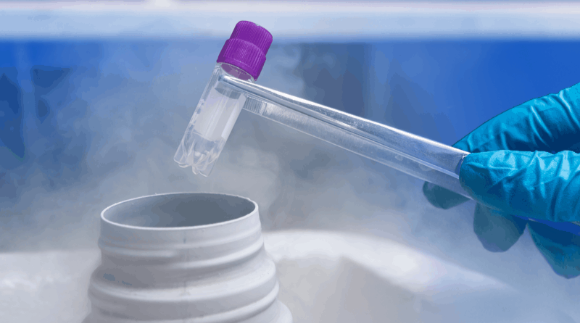The Complete Guide to Having a Baby With the Help of a Sperm Donor.
What are the procedures and costs involved in IVF with donor sperm? When a male is infertile or has conditions such as chromosomal abnormalities or inherited genetic diseases, they need to undergo sperm donation and in vitro fertilization (IVF) to achieve pregnancy and parenthood. Additionally, sperm donation and IVF are also suitable for same-sex female couples and single ladies, allowing them to have legal opportunities for reproduction. This article will provide you with a comprehensive overview of the process, costs, and common questions related to using donor sperm for IVF, helping you better understand the procedure.

What is sperm donation?
Sperm donation is a form of assisted reproductive technology commonly used in cases of male infertility. It involves using donated sperm to facilitate the process of conception. Sperm donation is necessary for individuals who may have conditions such as azoospermia (lack of sperm production), impaired sperm function, chromosomal abnormalities, or genetic diseases that prevent them from conceiving naturally. Currently, in the state of California, where RSMC is located, sperm donation is not only available for heterosexual couples but also for lesbian couples and even single women who wish to undergo assisted reproductive procedures using donor sperm. As long as the procedure is deemed appropriate by a medical professional, it is legal and protected by the laws of the United States, ensuring the establishment of legal parent-child relationships.
Who should consider sperm donation?
As mentioned earlier, the following groups of people are suitable for sperm donation:

-
Individuals with male factor infertility (chromosomal abnormalities or genetic diseases)
-
Azoospermic individuals (no sperm production)
-
Single individuals seeking sperm donation for assisted reproduction
-
Lesbian couples seeking sperm donation for assisted reproduction
What tests and procedures are involved in sperm donation and assisted reproduction?
Let's go through them step by step:

STEP 1 : Carrier Genetic Test - This test is recommended to identify carriers of genetic diseases in order to minimize the risk of having a child with inherited diseases. It can screen for more than 2,200 different conditions.
STEP 2 : Fertility evaluation - Assessing the reproductive capacity of the individual or couple.
STEP 3 : Free consultation with a physician to establish the medical plan.
STEP 4 : Egg retrieval is performed in a country where international transportation of reproductive cells is allowed. The retrieved eggs are then transported to the United States, or the individual can travel directly to the U.S. for egg retrieval.
STEP 5 : Select a donor sperm from a sperm bank.
STEP 6 : Fertilization of the eggs with donated sperm.
STEP 7 : Optional Preimplantation Genetic Screening (PGS) for chromosomal abnormalities before embryo transfer.
STEP 8 : Embryo transfer into the intended mother or a gestational carrier.
These are the general steps and procedures involved in IVF with donor sperm. The specific process may vary depending on individual circumstances and the protocols of the fertility clinic.
Explanation of the cost of using donor sperm for IVF
From the process of using donor sperm, we can see that the final options include either self-implantation or surrogacy. The costs can vary depending on the chosen method.Sperm Donation and IVF with Self-Implantation:
Sperm donation and IVF can be used by infertile couples or female same-sex partners. If the eggs are frozen in a country that allows international transport of reproductive cells and then the individual travels to the United States for self-implantation, the person undergoing self-implantation needs to stay in the U.S. for 3 weeks for the procedure. The entire process takes about 5 to 6 months. If the individual directly travels to the U.S. for egg retrieval and self-implantation, the person needs to stay in the U.S. for 1 to 2 months (the cost and time difference depends on whether preimplantation genetic screening, PGS, is performed). The overall cost is around $40,000.Sperm Donation and IVF with Surrogacy:
For couples or female same-sex partners who opt for using their own eggs and surrogacy, if they choose to travel to the U.S. for egg retrieval and then proceed with surrogacy, they need to stay in the U.S. for 2 to 3 weeks for egg retrieval and can return home afterward. They will need to travel to the U.S. again when the child is born to take custody. The entire process takes about 12 to 14 months. If they choose to freeze the eggs in a country that allows international transport of reproductive cells and then transport the eggs to the U.S. for surrogacy, the process takes 1 to 1.5 years, and they do not need to travel to the U.S. until after the child is born. The overall cost is around $180,000 to $190,000.Common Questions about Sperm Donation
However, what are the conditions and restrictions for using sperm donation? Can one choose a sperm donor? We believe that there are still many questions regarding sperm donation, so RSMC has compiled the following three common questions in the hope that the following explanations will help you better understand the process of using sperm donation.


Q1:Can single women use sperm donation to have a child?
Sperm donation and IVF are not influenced by marital status or gender. Therefore, whether you are a single woman, a female same-sex couple, or dealing with male infertility or genetic issues, you can fulfill your dream of having children through legal sperm donation and IVF. Even if you are not suitable for pregnancy or do not have a uterus, you can have a healthy baby through the use of legal surrogacy services. For more information on surrogacy, you can refer to this article: "Everything about Surrogacy: Meaning, Surrogate, Process, Cost & More"

Q2:Can I see the appearance of the sperm donor?
In most countries, the law prohibits disclosing the appearance of the sperm donor to the recipient, except for objective information such as height, weight, blood type, etc. IPs are also unable to see the donor's photos. However, in the United States, IP can see childhood photos and basic information of the sperm donor. They can also learn about the donor's academic and professional achievements, areas of expertise, and other detailed descriptions to determine if the donor aligns with their preferences. Nonetheless, both the privacy of the donor and the recipient are protected, and they remain anonymous without any means of contact. U.S. lawyers will also sign formal documents to ensure that the donor relinquishes any parental rights, confirming that the future child belongs entirely to the IP.

Q3:What advantages does RSMC have in sperm donation and IVF?
The United States is known for having the world's leading technology and success rates in IVF, and the state of California, where RSMC is located, has the most progressive reproductive policies. Whether you are a single individual or a same-sex couple pursuing sperm donation and IVF, RSMC offers advanced IVF technologies and comprehensive legal protections for parental rights. Additionally, RSMC has the largest CPA-certified laboratory in Southern California, ensuring the cultivation of the best embryos. With over 30 years of clinical experience, we have the confidence to assist you in achieving pregnancy through self-implantation or using a surrogate.
If you would like to learn more about sperm donation and IVF, please feel free to contact us for detailed explanations and introductions from our specialists.

DR. DAVID HARARI
President and Chief Medical Officer
As a board-certified OB/GYN since 1986, Dr. Harari has treated many infertile couples over his career, utilizing surgical technologies such as robotics and minimally invasive procedures for the treatment of endometriosis, fibroids, and other gynecologic conditions. He has been instrumental in helping thousands of couples build the family of their dreams through both IVF and surrogacy.
About Dr. David HarariOther
-
2021/11/07spermrecipient
Can single women go through IVF with Donor Sperm ?
-
2021/10/02spermrecipient
Is It Legal for Same-sex Partners to Have Babies Using Donor Sperm?



